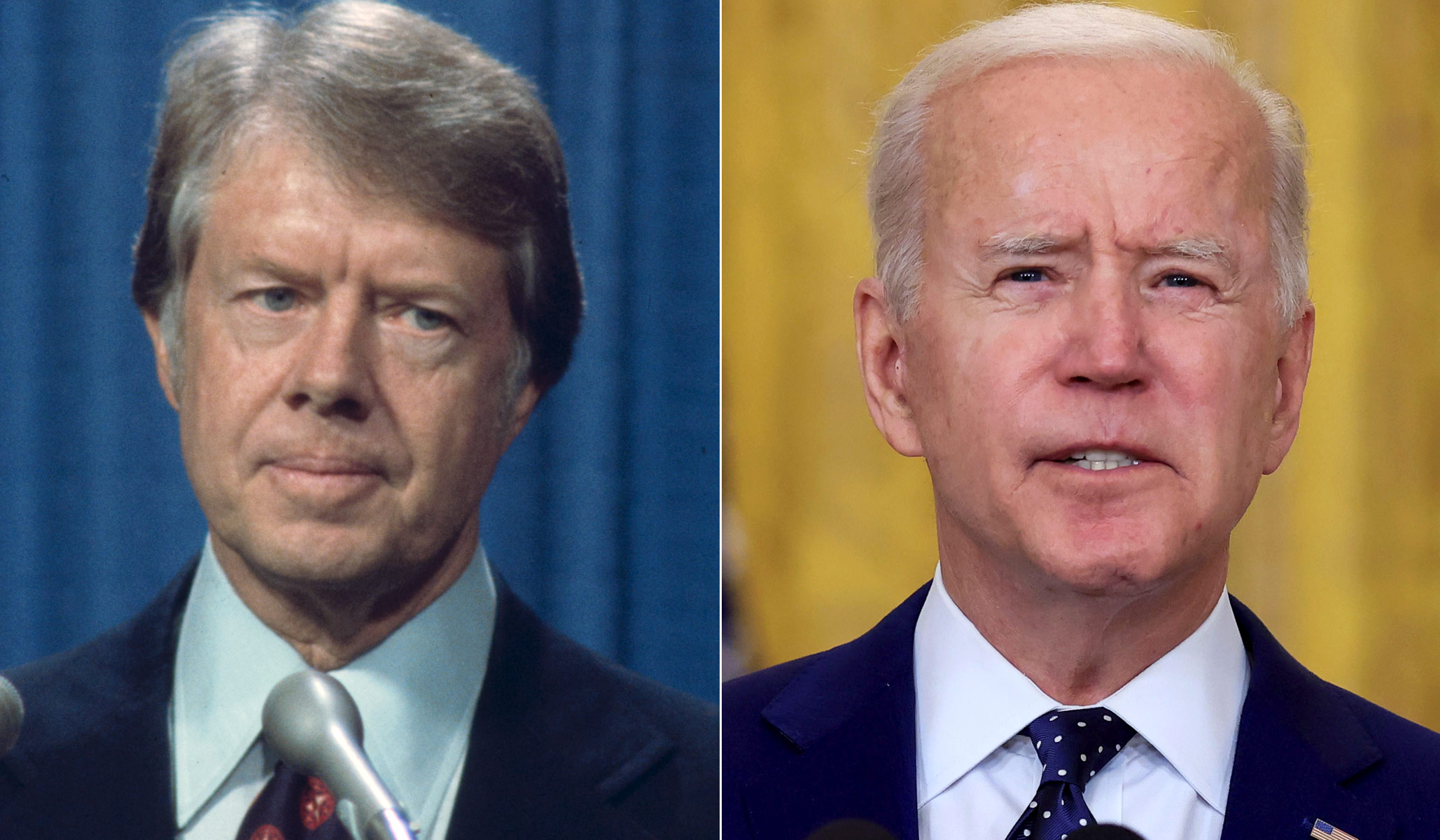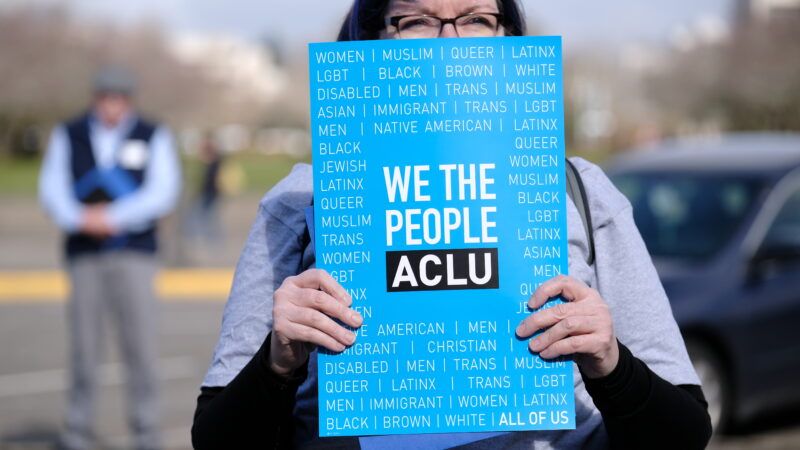Politicians will always play politics, but our press isn’t supposed to. Our illustrious fourth branch of government is supposed to keep the politicians in line. Yet here we are.
Mainstream press runs cover for the Left in this country because, for the most part, they are the Left. The media consistently either fail to cover the Left’s scandals, or they quickly move on to hype a less deserving story. They understand the short attention spans of busy Americans who rely heavily on attention-grabbing headlines. When a traditional media outlet actually runs with a story unflattering to the Left, the Democratic power structure is shocked and outraged. (See the recent story in the New York Times regarding the disastrous bombing of an aid worker and his family members including seven children, using their much-touted “over the horizon” drone technology, without eyes on the ground to let the drone pilot know the target was carrying water rather than bombs.)
Under the Obama Administration, we saw a separate-but-not-equal treatment when the IRS denied nonprofit status to conservative organizations. James Rosen, a Fox News reporter at the time, and the Associated Press were spied on by U.S. agencies, which included calls made and received from Rosen’s parents’ phone number.
That same administration released thousands of guns under the misguided Operation Fast and Furious to Mexican drug cartels, which resulted in the shooting death of a border agent with one of those firearms. There was the Benghazi disaster on September 11, 2012, which resulted in the deaths of a U.S. ambassador and three other Americans, despite pleas for additional security. The administration pushed the fake story of a video that supposedly sparked the violence.
In the Trump Administration, it was the Russia investigation, a bogus non-story perpetrated by Hillary Clinton and her campaign. It was a “perfect” Ukraine phone call made by President Trump and hyped by the deep state but actually prompted by Hunter Biden and his dad receiving millions of dollars in quid pro quo money from Ukrainian and Chinese interests. It was the Chinese Wuhan virus perpetrated by the Chinese Communist Party and Dr. Anthony Fauci as well as other U.S. scientists who funded gain-of-function experiments with taxpayer monies. It was the stark contrast between free state governors like Florida and Texas versus lockdown cover-your-ass government officials who at once locked up perfectly healthy citizens while filling up senior homes with infected people (New York’s Governor Andrew Cuomo) and dining at the ridiculously expensive French Laundry (California’s Governor Gavin Newsom).
In the current abhorrent administration of a barely functioning senior citizen and deep state operatives, it’s pulling our military out of Afghanistan without pulling out U.S. citizens and U.S. allies from an enemy state which killed 13 of our troops as well as hundreds of innocent Afghans. We failed to even let our national allies know about it beforehand. What was really behind our abrupt evacuation from Afghanistan and the billions of dollars of high tech equipment left behind, and why doesn’t the press even mention it now?
Our southern border is left open during a pandemic to an unvaccinated and unprecedented number of Central and South Americans. The American media pretends the person in the role of the president is mentally stable while somehow he cannot get through a teleprompter speech, let alone an unscripted moment, without getting lost and confused, especially when an ice cream truck or a small child is near.
We shut down an American pipeline in favor of a Russian pipeline, inflating gas prices throughout the country. Consider the Pelosi fundraiser for maskless, wickedly wealthy guests and the Met gala princess, AOC, in her “Tax the Rich” dress both served by faceless, masked, lowly people of color.
Where is the mainstream press on these crises and sensational stories? What happened to the reporting that may have incriminated their leftist friends, the barely touched stories that came and went as fast as the 24 hour news cycle?
Where are the serious investigations into the Jeffrey Epstein sex-trafficking story and subsequent suspicious death? What about all the many wealthy and powerful people who frequented his homes, one of which contained a rather disturbing painting of Bill Clinton in Monica’s famous blue dress and heels? Why don’t we know the full story about the mass murder in Las Vegas at the Mandalay Bay Resort?
What did John McAfee know about the elites in our government? You know, the guy who supposedly killed himself and who also happened to have a tattoo that read “$WHACKD,” that he said on Twitter meant “If I suicide myself, I didn’t. I was whackd. Check my right arm.”
Where are the serious investigations into the origins of the China virus? The Burisma/China Hunter Biden laptop? Biden asking the Afghan president to lie and say the Taliban wasn’t quickly taking over the country? Is anyone holding Kamala and the celebridiots accountable for funding bail for Antifa and dangerous prisoners who then got out and committed more crimes? Does anyone in the government care about the violent crime statistics in our cities? Speaking of Kamala, where the hell is Biden’s Border Czar, as mass illegal non-vaccinated immigration is taking place on said border?
Why haven’t we heard anything in the mainstream press regarding the recounts and shady election night happenings and missing ballots in only the handful of counties that mattered and turned our 2020 election into a shitshow? How can our press let the power structure in D.C. pretend that the January 6 riot was an insurrection when the only person shot and killed was an unarmed veteran Trump supporter, and there were zero firearms inside the Capitol found on protesters, and only one person found on the grounds carrying one? When will the people arrested, many of whom have had to endure solitary confinement for months and denied bail before their court dates, be let out of the D.C. jail? How can our government hold political prisoners for months without outrage from the mainstream media?
Average hard-working Americans are finally waking up to these crucial questions and are wondering what has happened to their once-great country. Without a truly free and unbiased press, the average citizen will get propaganda, not justice.










